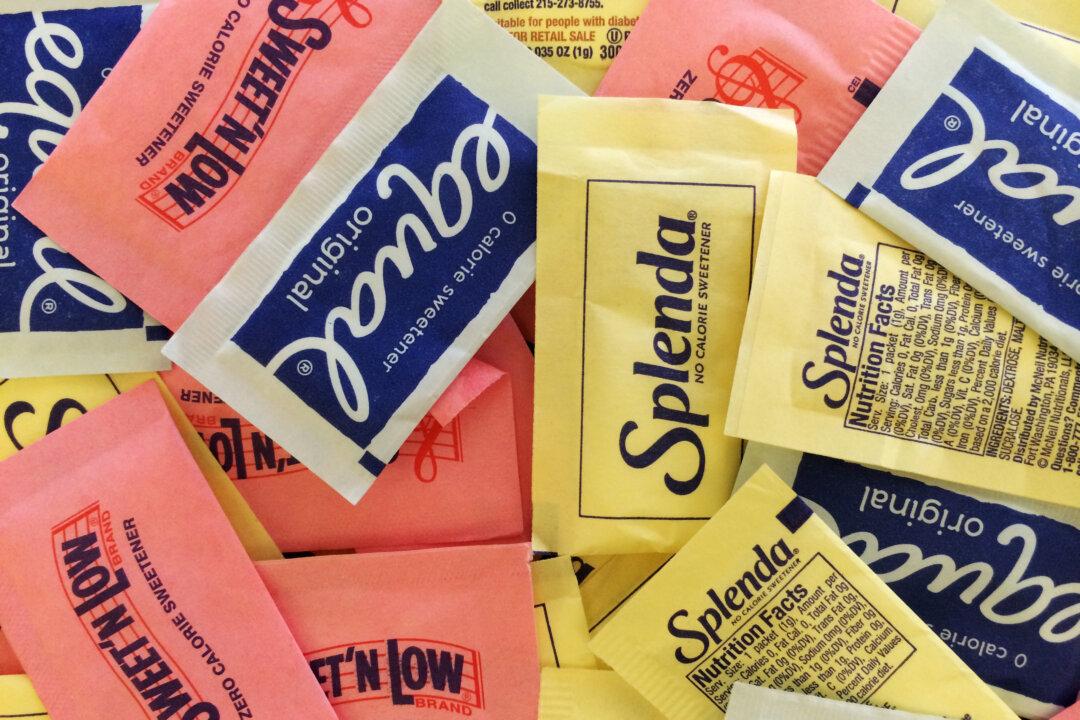Researchers said in a new study that artificial sweeteners may be associated with a higher risk of heart disease, saying they “should not be considered a safe alternative to sugar,” but the findings have already been disputed.
The study, published in The British Medical Journal on Thursday, examined information on more than 100,000 French adults. Researchers evaluated the participants’ consumption of sweeteners from drinks, dairy products, tabletop sweeteners, and other products before comparing it to their risk of heart disease.






